| Sharon Kane is a professor in the School of Education at the State University of New York at Oswego. She is the author of Literacy and Learning in the Content Areas: Enhancing Knowledge in the Disciplines (2019, Routledge) and Integrating Literature in the Disciplines (2020, Routledge). She is presently writing Teaching and Reading New Adult Literature in High School and College, also for Routledge. You can find more posts from Sharon by visiting the contributors page. |
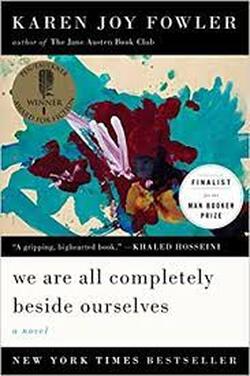
That June, I spent a week with some wonderful authors, professors, librarians, grad students, and teachers. I taught a 5-day workshop where we studied aspects of New Adult literature. Our anchor text was Karen Joy Fowler’s We Are All Completely Beside Ourselves.
Rosemary, a college student in her early twenties, narrates a story covering multiple topics that can be further explored, including family relationships, activism, ethics, and animal rights. It’s rich in terms of interdisciplinary connections; it could be used in psychology, education, biology, and criminal justice courses, among others.
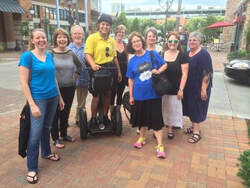
It happened that the movie based on Green’s novel was released while we were at LSU. A highlight of the conference week for me was wearing my book-related blue t-shirt, with its iconic cloud bubble, “OK?” “OK.” while attending the premier with colleagues in the YAL field. Does anyone else remember Steve standing up in the theatre before the performance and giving that great speech? Please comment below!
Well, it turned out I had to implement my new course pandemic-style. My 19 freshmen were scattered throughout an auditorium that had a capacity of 240, with most seats roped off. I couldn’t ask them to touch books or papers during class. Masks covered our faces, and I had to use a microphone. But still, we found ways to become a community through the New Adult books we read; the literature worked its magic.
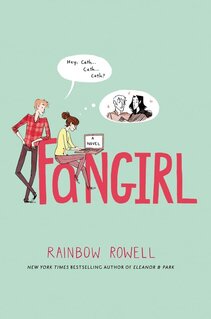
The following week we backed up to investigate different paths people take on their way to landing at a particular college. There are many novels dealing with the college admissions/decisions process, along with finding ways to pay for college, including Piper Perish, by Kayla Cagan ; Charming as a Verb, by Ben Philippe; and Admission, by Julie Buxbaum. My students listened to each other’s stories relating how they chose SUNY Oswego, and our community began to bond.
| The third week we read Nina LaCour’s We Are Okay, which takes place during the semester break following Marin’s first semester of college. Readers learn early on that Marin is in deep emotional pain. Her story gave us a chance to talk about mental health issues, and I showed the class resources available from the Counseling Center and various other ways they could concentrate on their health and wellness. Anxiety was high, especially since the COVID-related restrictions on campus (no visiting other dorms, extreme limitations on gatherings, etc.) and the fact that most of their classes were remote led to feelings of isolation. We continued to talk and read about mental health issues for the rest of the semester. |
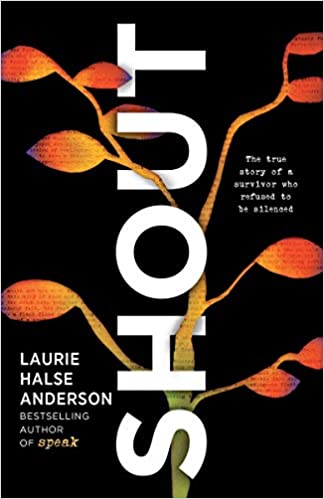
I wanted to end the course with another whole class read; I selected Laurie Halse Anderson’s memoir-in-verse, Shout. This empowering book helped us revisit many of the topics and themes we had encountered in our months together: identity, relationships, careers, passions, resilience, social justice, activism, personal growth, and love. By the end of the course, there was much evidence that many students were leaving both surprised at what they had been able to accomplish, and with plans to read books for pleasure over semester break.
I am spending my summer writing a book called Reading and Writing New Adult Literature in High School and College, which, if all goes well, will be published by Routledge next year. Good books are being released every month that are appropriate for my chapters on senior year of high school; college; careers; relationships; and civic responsibilities and activism. I’ve written book talks for novels including You Should See me in a Crown, by Leah Johnson; Leonard and Hungry Paul, by Rónán Hession; American Betiya, by Anuradha D. Rajurkar; Jo & Laurie, by Margaret Stohl and Melissa de la Cruz; and We Are the Ashes, We Are the Fire, by Joy McCullough. There will also be new nonfiction, such as Sigh, Gone: A Misfit’s Memoir of Great Books, Punk Rock, and the Fight to Fit in by Phuc Tran: Sylvie, by Sylvie Kantorovitz; Notes from a Young Black Chef, Adapted for Young Adults, by Kwame Onwuachi with Joshua David Stein; Rolling Warrior, by Judith Heumann and Kristen Joiner; and Tasty Adulting: All Your Faves, All Grown Up.
How will I ever decide which to use when I teach my First Year Signature Course in the fall? I don’t know, but it’s a delightful problem to have. I welcome suggestions of your favorite NA titles in the Comments. Here’s to new beginnings!
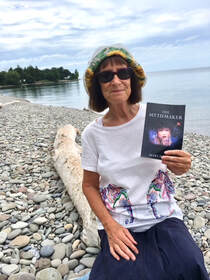
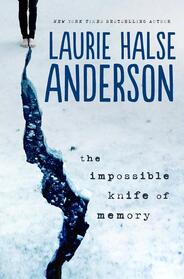
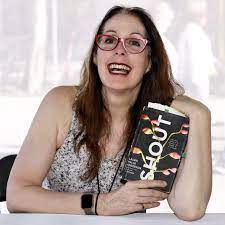
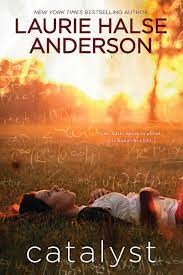
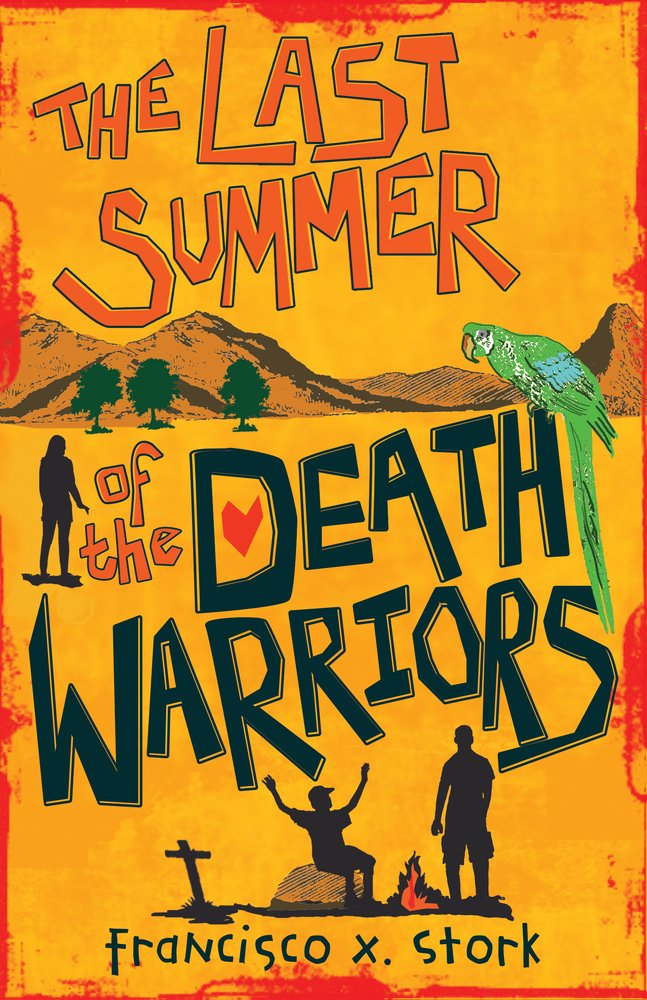
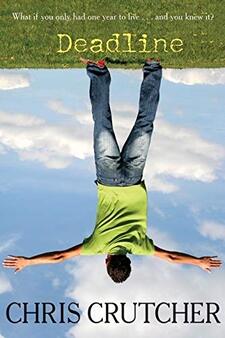
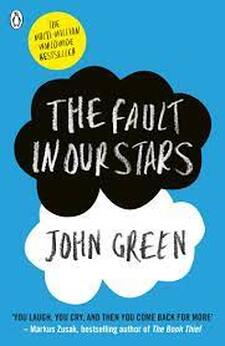
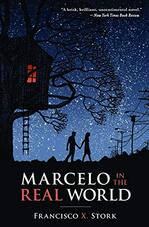
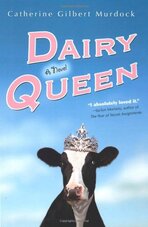
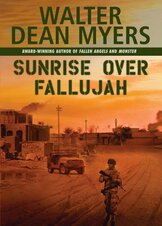
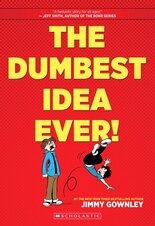
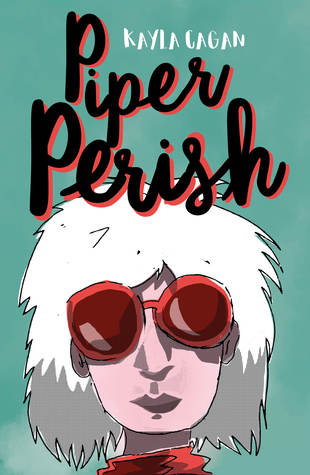
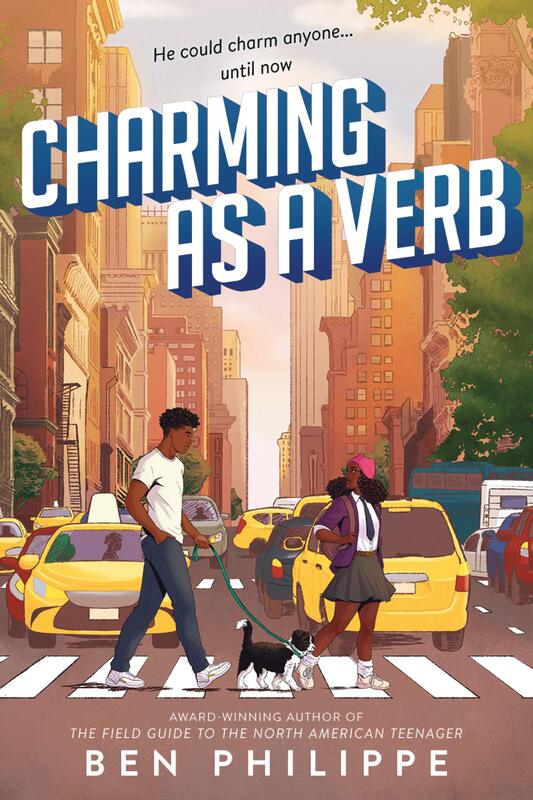
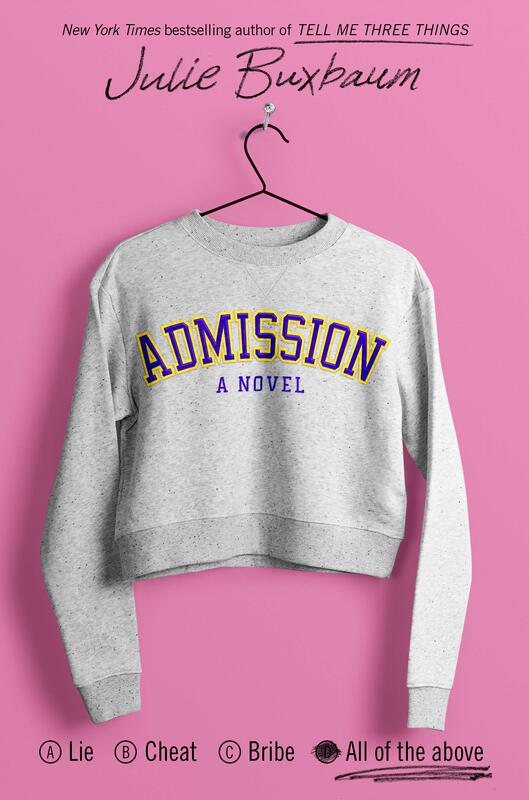
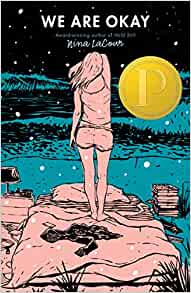
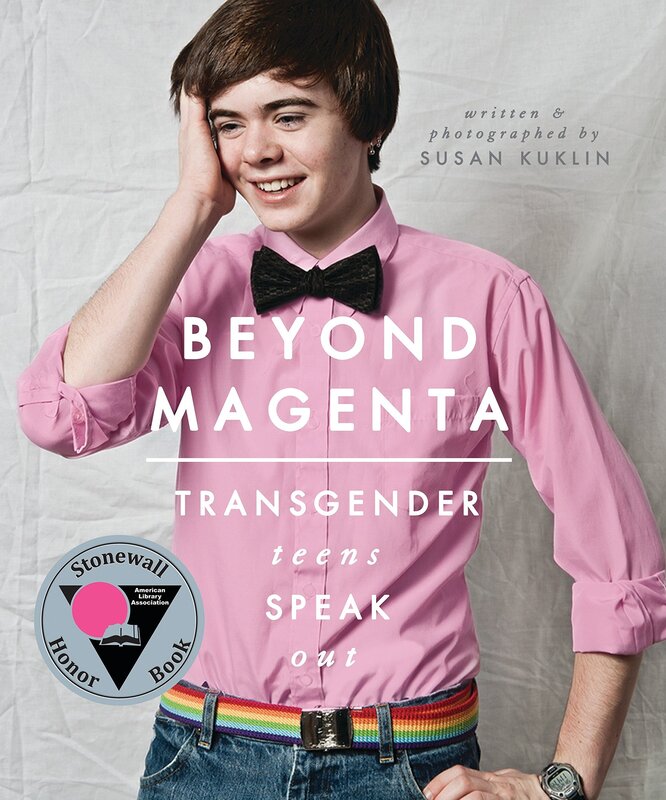
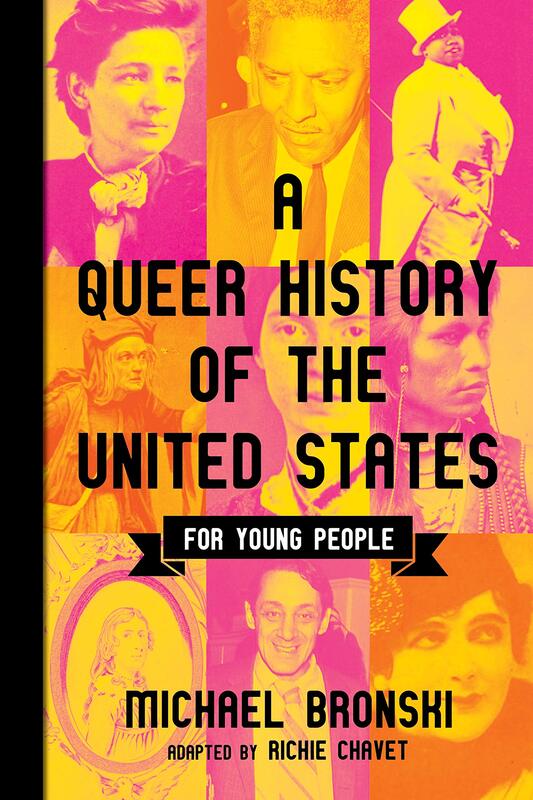
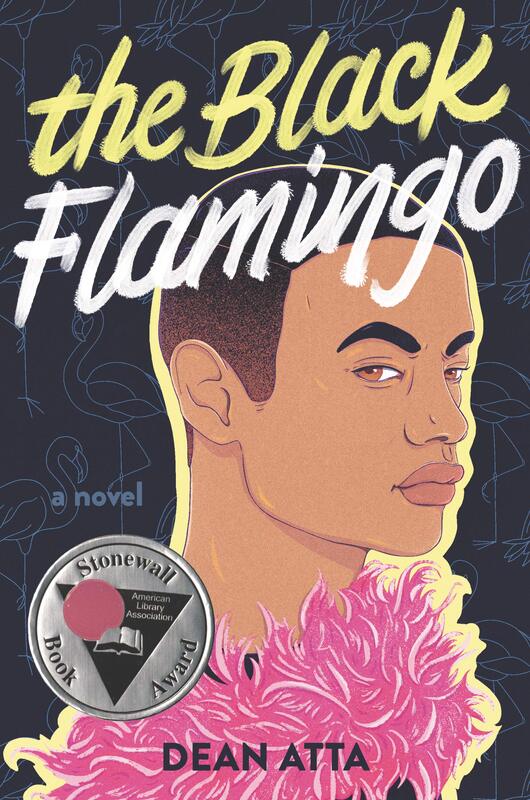
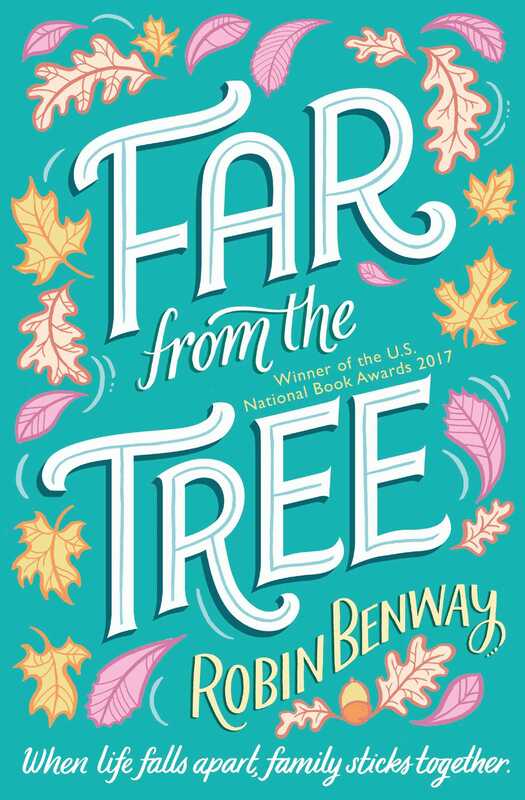
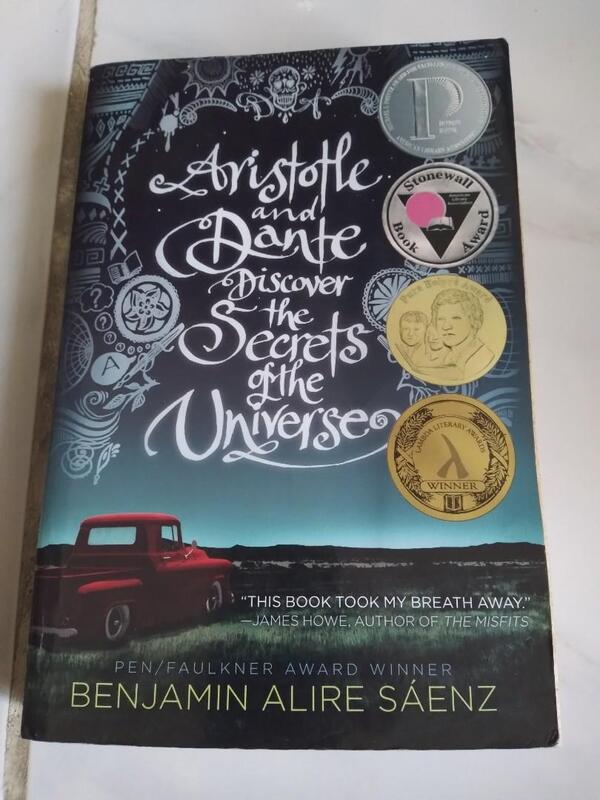
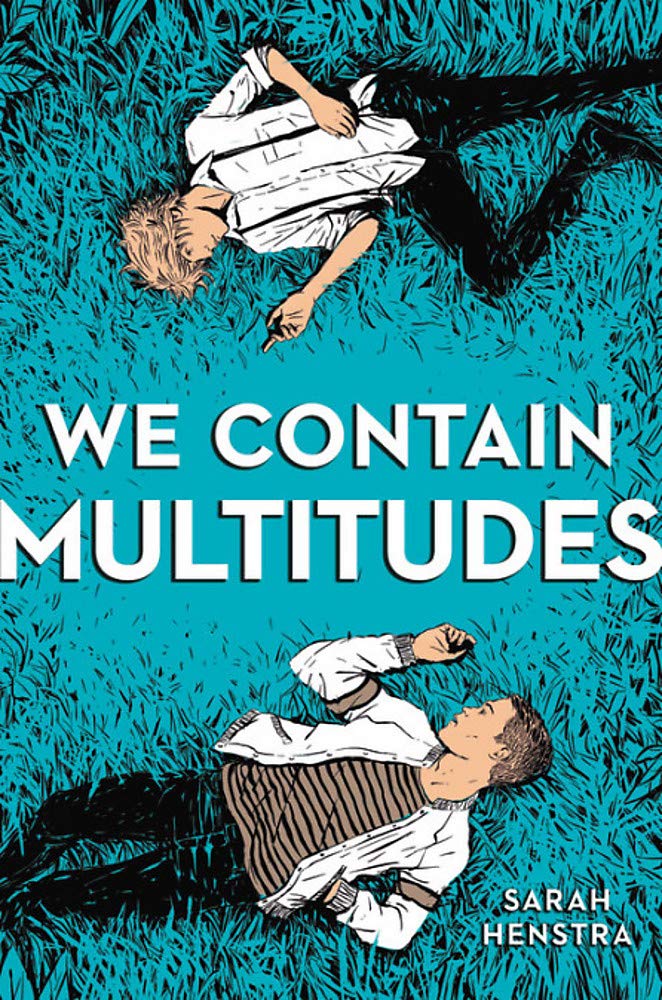
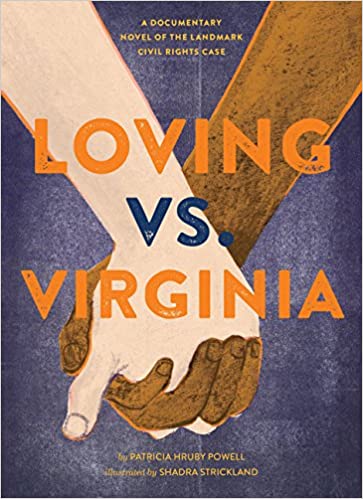
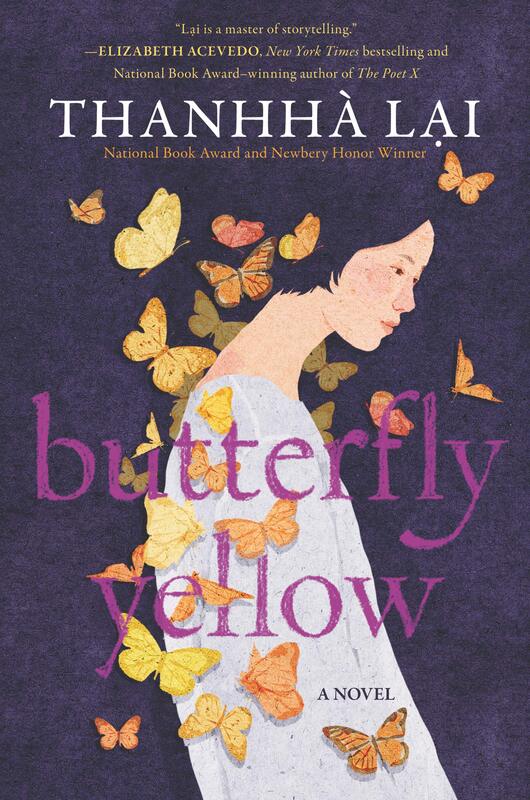


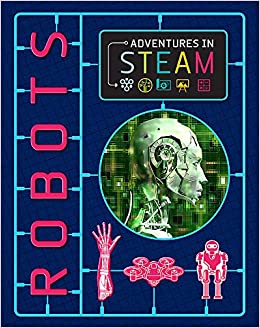
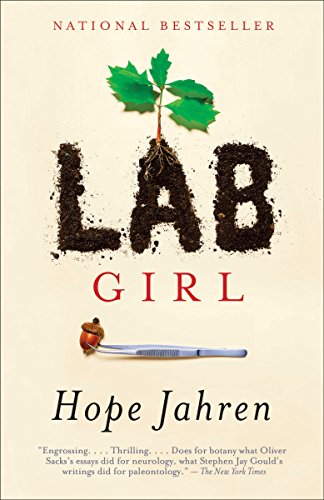
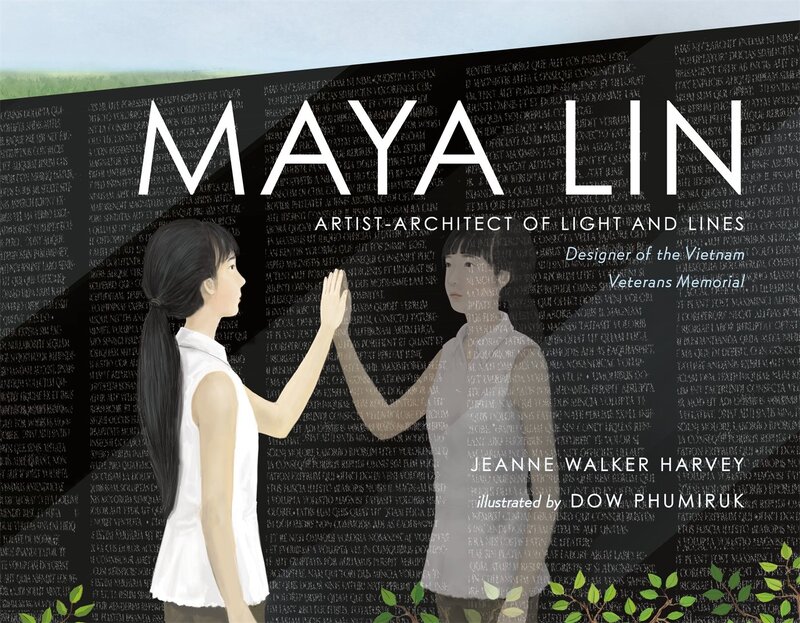
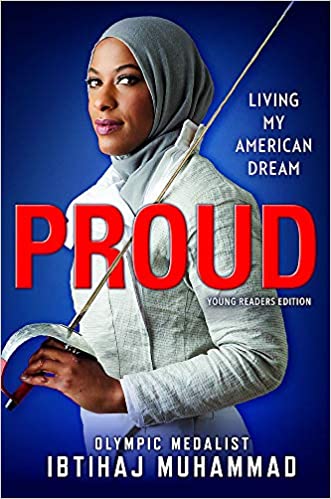
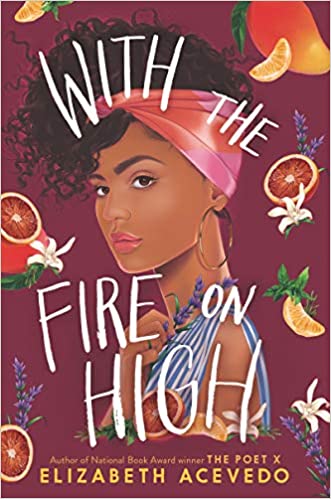

 RSS Feed
RSS Feed